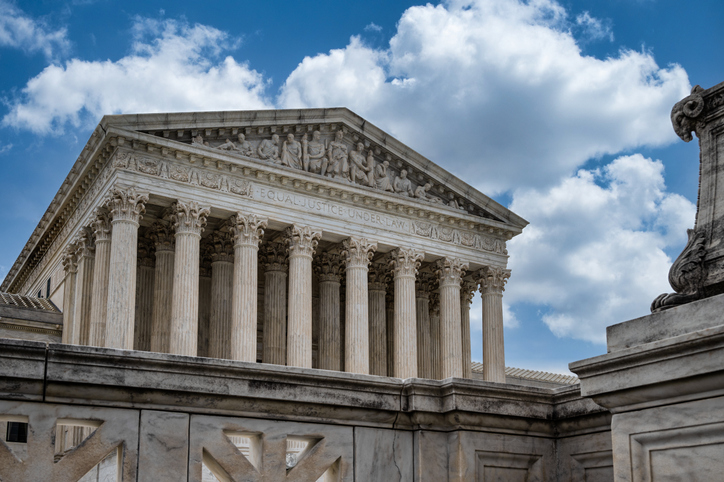The U.S. Supreme Court is set to hear arguments in a False Claims Act (FCA) case which, according to one leading whistleblower attorney, could limit the scope of the law and restrict the ability of the government and whistleblowers to crack down on fraud in industry-funded federal programs that are mandated by Congress.
The FCA is America’s number one anti-fraud law. Under the law’s qui tam provisions, whistleblowers may file suits against fraudsters on behalf of the government. Since 1986, the FCA whistleblowers have allowed the government to recover over $50 billion from fraudsters.
The Supreme Court granted a writ of certiorari in the case, Wisconsin Bell Inc. v. U.S. ex rel. Heath, on June 17. In a new article for Law360, attorney David Colapinto, a founding partner of Kohn, Kohn & Colapinto, analyzes the case and outlines the potential impact of a narrow ruling in the case.
“The case centers around whether reimbursement requests submitted to the E-rate program are claims under the FCA,” Colapinto writes. “The program, while set up by Congress, is administered by a private nonprofit organization and is funded by government-mandated payments made by private telecommunications carriers.”
According to Colapinto, the Supreme Court may narrow the scope of the FCA to not cover funds used in industry-funded federal programs such as the E-rate program. Colapinto warns that “there are many other federal programs that are funded through mechanisms that do not require the Treasury to pay claim recipients directly, and fighting fraud in those programs will become much more difficult if the Supreme Court adopts the definition of ‘claim’ urged by Wisconsin Bell.”
“By removing liability under the FCA for defrauding federal programs because the claims are not paid directly by the U.S. Treasury, but by other means mandated by Congress, the court would severely weaken the FCA, opening the door for fraudsters to defraud federal programs simply because of alternative funding structures set up by Congress,” Colapinto writes in conclusion.
The Supreme Court will hear arguments in Wisconsin Bell Inc. v. U.S. ex rel. Heath during the 2024-2025 term.
